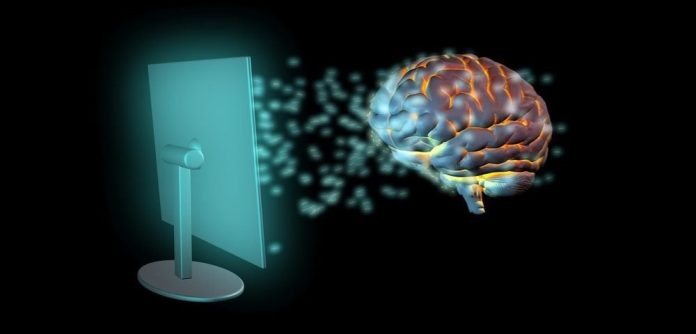- Since times immemorial, humanity has been witnessing perpetual innovations, inventions, developments, and growth that have not only aided humankind in exploring hitherto unknown entities/amenities but also unearthing extraordinarily beneficial elements for ages. Of course, humanity has greatly benefited from these earth-shattering innovations making us perpetually look forward to even newer inventions. The information technology-driven initiatives are so dynamic that every day one gets to hear mind-blowing innovations in this field. Humanity must thank the original innovator who introduced this. Yes, artificial intelligence, machine learning, data analytics, and associated tools have revolutionized the present-day world unimaginably.

PC: IEEE EMBS
- We are witness to how information technology tools have aided the modern world in every field. Science and technology have acquired such an inalienable position in the administration that every country worth its salt is embracing the same with gusto. To their credit, innumerable technologists and experts in the field are making incessant efforts to develop newer tools to aid humanity. One such invention is the latest brain-computer interface (BCI). It makes you wonder why sometimes science news feels like science fiction. Look no further than the mobile phone in Star Trek long before it became one in real life. Likewise, drones were in Dune, a space station in Arthur C Clarke’s writing. These are some of the most fascinating inventions ever known.
- Note that the brain-computer interface is something scientists have been working on for decades. Yes, most of what it promises remains in the Sci-Fi realm. But Elon Musk’s company Neuralink putting its first wireless device in a human brain does mark a tech advance that is as significant as exciting. Like all scientific advancements, this one is very much built on its predecessors. In 2021 for example, an Australian ALS patient used a neural interface to put out a social media update: hello, world! Short tweet. Monumental progress. Where Neuralink scores are in junking cumbersome equipment. Initial users will be those who have lost the use of their limbs, Musk tweeted. This describes volunteer bases across most brain-computer interface experiments.

PC: RAND Corporation
- For this category of patients, taking control of their phone or computer, and thereby almost any device, just by thinking, would be transformative. If one category of potential patients depends on their brain to bypass diseased bodies, a second will be those suffering the brain diseases. The idea is that processes like deep-brain stimulation could help fight Alzheimer’s and Parkinson’s, even depression and addiction. Finally, a third category could use neural interfaces to amplify abilities such as memory and concentration. Musk’s involvement has put the experimental science of controlling computers with the mind in the limelight. More investors will pump in funds. This augurs well for humanity to conquer yet another challenge benefiting humankind at large.






